Starting Thursday evening, the library will begin
handing out free copies of “Killers of the Flower Moon” by David Grann. To get
one of the free copies, you need to sign-up for and attend one of our small
group discussions. Despite all of the other amazing events we have going on
- David Grann’s visit, a ballet, the
former director of the FBI Crime Lab, etc. – it is these small group
discussions that are at the heart of each of our community reading series.
We want these discussions to be open and
enlightening, and we also want them to be respectful. One topic that often
confounds people is what to call people who are Native American.
We’re at a delicate time in the history of American
dialogue. On one hand, we are currently feeling the very real growing pains of
transitioning to speaking with each other using more honor and respect. On the
other hand, we are sometimes so nervous about saying the wrong thing that we choose
to say nothing at all.
As we planned the series, I started research to try
to find a definitive answer of what to call Native Americans. I was looking for
the golden, easy answer that would make every discussion perfect, with no one
feeling awkward or uneasy. What I found both in reading about the topic and in
talking to different people from different Nations, was that they are
individuals! Every person has their own opinion and preference.
That each person is an individual is something that
I should have known in the first place, but it sure wasn’t the easy answer I
was hoping to find. However, my exercise did unearth two things that I think
will help guide me.
First, ask! Some people don’t mind the term “Native
American,” while others dislike it because it is a government label. Some older
people I’ve spoken with are fine with the term “Indian,” because it was what
was used when they were growing up. This summer during our “Let’s Talk About
It” series, Dr. Russ Tallchief often referred to “Native people,” while still
others prefer the term “Indigenous” people.
One piece of advice was especially helpful. During a
pre-series book discussion session, I asked one of the OSU students from the
Native American Student Association, what term we should use. He asked why not
just call them by what they are? Osage, Cherokee, Creek, Choctaw. Each tribe is
a separate entity. They may share some similarities, but they are all
individual Nations.
The point I want to make here is that you just
aren’t going to know what term people prefer unless you talk to them. And funny
enough, once you start talking to people, things like this become much less
important. You understand their preferences, and they understand your heart.
And speaking of your heart, the second lesson I
learned is that if you say “the wrong thing,” but are doing it with a good
heart, then it really isn’t a mistake—it is a learning opportunity. My new
friend Coleman American Horse, who is helping to plan the Osage Cultural Fair
on March 24, told me that he doesn’t mind when people make these good-hearted
“mistakes.” He sees it as an opportunity to teach the person about the Osage
and himself.
He’s right. Most of the time, people can tell when
someone is using terms innocently and when people are using them to be cruel. And
if you make one of these “mistakes,” be open to learning about the person’s
preferences and more importantly, the reason and history behind the preference.
Don’t let the error keep you from participating. Discussion about topics like
this rarely is meant to humiliate you, but to educate you.
Speaking of which, if you do hear someone make what
you think is a terminology error, then be gentle. We are all here to learn
through these reading series. If we embarrass others, then we run the risk of
having them not join us anymore. If they were someone who could have benefitted
from learning more, then we have just lost a great opportunity to do so.
So, what are we supposed to call Native Americans? I
don’t know the answer to that. I hope that I take this chance to not worry so
much about these labels and instead to talk to people as the individuals they
are.
And my best advice? Definitely ALWAYS be P.C.—not
“politically correct” but “polite and courteous.” It always goes a long way.

Series is now complete
ReplyDelete